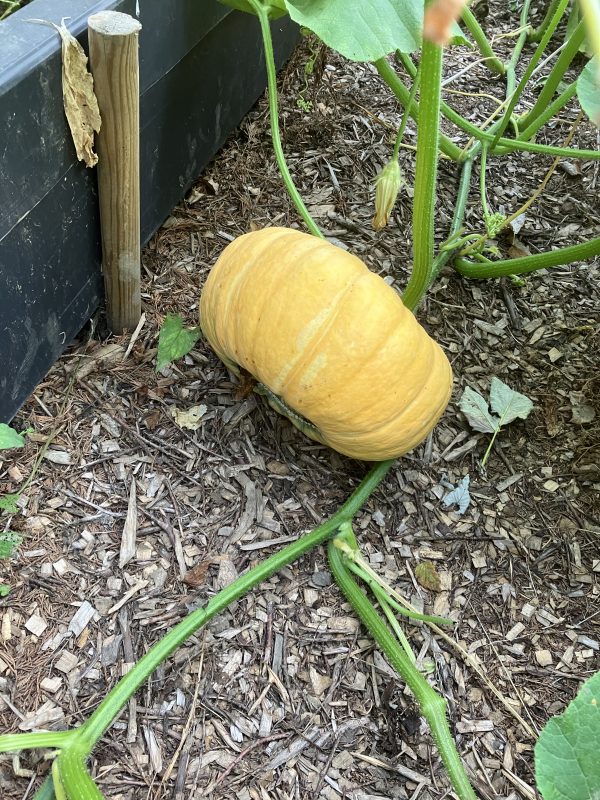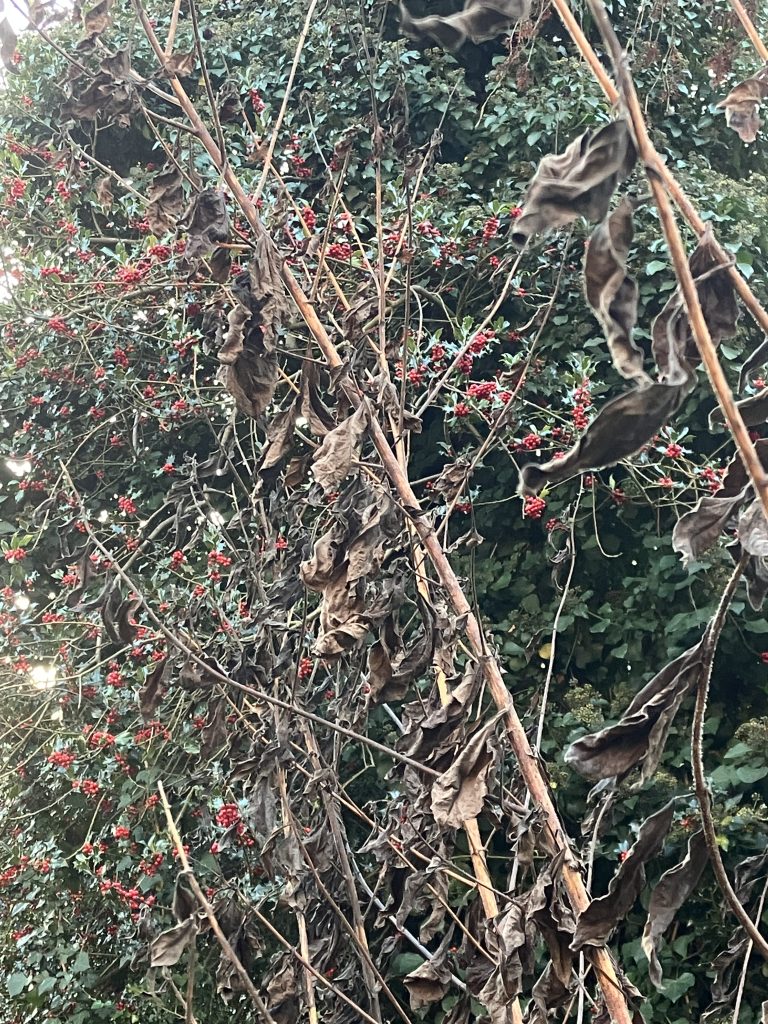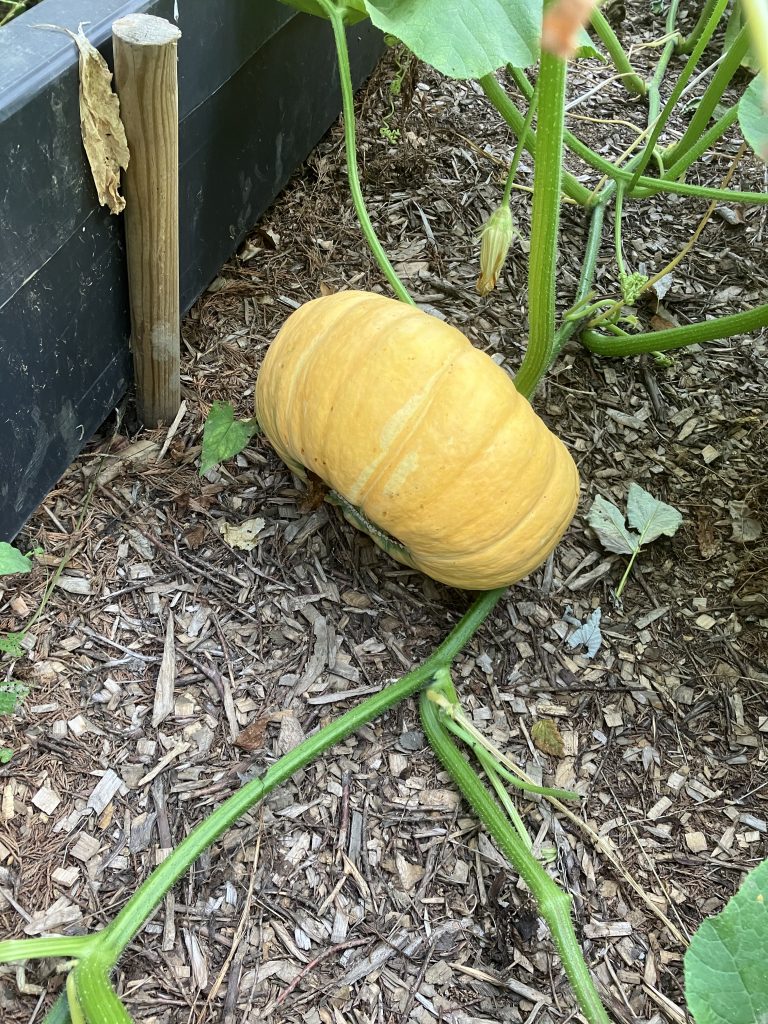
October Gardening Guide
What to plant, prune, protect and prepare this month
🌸 Flowers & Borders
Plant spring bulbs like crocus, daffodils and fritillaries in lawns for a natural look.
Lift tender cannas and store tubers in a cool, dry place.
Fill pots with winter colour using cyclamen, heathers, pansies and skimmia.
Pot up tender perennials (e.g. chocolate cosmos, coleus) to protect from frost.
Plant evergreen shrubs and conifers while soil is still warm.
Raise pots off the ground to prevent waterlogging.
Move deciduous shrubs if they’re outgrowing their space.
Wrap banana plants and tree ferns with fleece or straw for frost protection.
Collect and sow seeds from hardy perennials like astrantia and achillea.
Take hardwood cuttings from ornamental shrubs and trees.
Shorten shrub roses to prevent wind damage.
Clear out summer pots and baskets, compost spent plants.
🍏 Fruit & Veg
Take herb cuttings from rosemary, thyme and lemon verbena.
Remove unripe figs, leaving small fruits for next year.
Sow green manure (e.g. winter rye) to cover bare soil.
Cover salad crops with cloches to extend harvest.
Keep sowing broad beans and peas for early spring crops.
Plant garlic cloves 15cm apart, tip 5cm below surface.
Finish harvesting beans, save seeds from mature pods.
Cut back asparagus once foliage yellows.
Divide herbs like chives and lemon balm to replant or share.
Wrap grease bands around fruit trees to trap winter moths.
Clear old crops to reduce overwintering pests.
Cut back fruited raspberry and blackberry stems to ground level.
Raise pumpkins and squash on bricks to ripen and stay dry.
Order bare-root fruit trees and bushes for winter planting.
Plant spring cabbages in prepared beds.
🪴 House Plants
Feed weekly with liquid fertiliser until late autumn.
Repot moth orchids if roots are overcrowded.
Reduce watering, and move plants off cold windowsills at night.
Plant amaryllis bulbs for festive blooms.
Bring outdoor house plants back inside before temperatures drop.
Repot top-heavy or root-bound plants into larger containers.
Maximise light by moving plants to brighter spots.
Wipe dusty leaves, especially on snake plants.
Take leaf cuttings from African violets, begonias and succulents.
Check for pests like aphids and mealybugs.
Hose down large-leaved plants outdoors to clean foliage.
🌿 Greenhouse Tasks
Clean out debris to prevent pests and diseases.
Wash glazing to boost autumn light levels.
Bring in tropical plants like bananas and brugmansias.
Plant amaryllis bulbs for Christmas flowers.
Move citrus and fuchsias indoors, keeping frost-free.
Sow microgreens for quick, nutrient-rich harvests.
Add bubble insulation to glazing as nights cool.
Keep indoor azaleas moist, using rainwater if possible.
Pot up lily-of-the-valley roots for winter blooms.
Water sparingly as growth slows.
Sow sweet peas in deep pots for early summer flowers.
Force narcissus bulbs for indoor scent in 10 weeks.
Dry harvested onions and garlic on staging before storing.
Inspect overwintering plants for pests and diseases.
Install guttering and water butts to collect autumn rain.
Clear leaves from greenhouse gutters to keep water flowing.
Clean water butts to prevent blockages and algae.
🛠️ Garden Maintenance
Rake fallen leaves and store for leaf mould.
Build a log pile for wildlife shelter.
Check shed security and waterproofing before winter.
Apply autumn lawn feed to revive tired grass.
Remove old barley straw from ponds.
Store frost-sensitive pots in a shed.
Spike compacted lawns, brush grit into holes for drainage.
Dig out perennial weeds like bindweed and horsetail.
Cut back autumn raspberries after harvest.
Store hoses and irrigation systems indoors to prevent freezing.
Clean and disinfect bird boxes.
Gather and store unused canes and supports.
Go on snail patrols during damp evenings to reduce numbers.
References
BBC Gardeners’ World Magazine. (2025). What to do now: October. [online] Available at: [Accessed 11 Oct. 2025].





